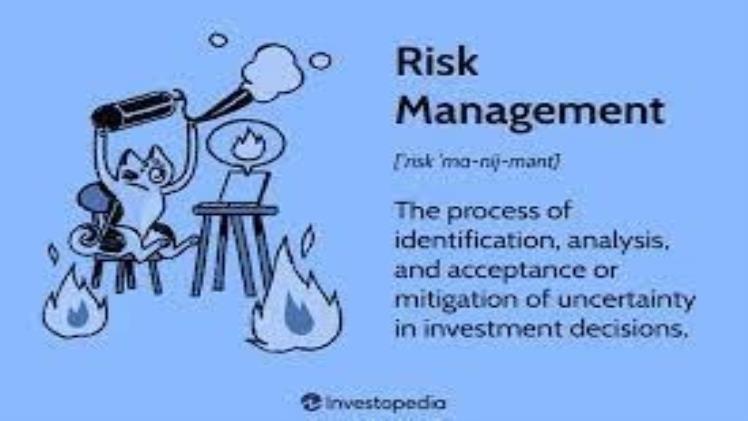What Is Financial Risk Management?

Financial Risk management is the process that helps businesses detect and manage any risks related to their operations. It’s an integral component of any successful business venture as it helps prevent losses due to unexpected events.
Financial risks can have a devastating impact on a business and its future, such as market volatility, loss of income or more. Fortunately, there are various tools available for managing these potential hazards.
Liquidity risk is a type of financial danger that can pose issues for business owners. It occurs when company assets aren’t accessible quickly enough to meet immediate needs, like paying payroll or purchasing goods and services.
Credit risk is a type of financial uncertainty that could negatively impact a business’s ability to pay creditors such as suppliers or customers. It could also result in reduced cash flow and overall profitability.
Market risk is a type of financial uncertainty caused by price changes on the market. It’s an issue for businesses, as it can have detrimental effects on their operations and lead to money losses.
Legal risk is a type of financial danger that involves lawsuits and can be expensive to resolve. Furthermore, it has the potential to have an adverse effect on a business’ reputation, potentially leading to lost business opportunities.
Other financial risks that can impact a business include operational and interest risk. These scenarios could make it difficult for the company to meet its daily cash requirements, potentially leading to revenue leakage.
Financial risk management’s primary purpose is to guarantee that a company remains profitable and grows into the future, while avoiding any unnecessary losses or damages. To do this, companies must identify potential hazards, create strategies to mitigate them, and monitor the outcomes of these efforts.
Career Opportunities in Financial Risk Management
As the economy improves, interest in this field of financial risk management is expected to increase at an annual rate of 7% over the next decade. If you have a passion for finance and enjoy working with numbers, this might be an ideal career path for you!
A bachelor’s degree is usually the minimum requirement for a career in this field, though master’s or PhD degrees are preferred. Earning your FRM designation also serves to demonstrate that you possess an in-depth understanding of risk and are qualified to work within this industry.
It is essential to recognize that not all risks can be quantified; however, many can be mitigated or avoided through prevention and avoidance or the use of risk transfer (insurance) or risk shifting (derivatives). It’s best to assess all potential hazards prior to making any decisions.
To effectively manage these risks, a risk manager needs an analytical and strategic mind. Furthermore, they should have the capacity to utilize technology in their work and possess excellent communication abilities.